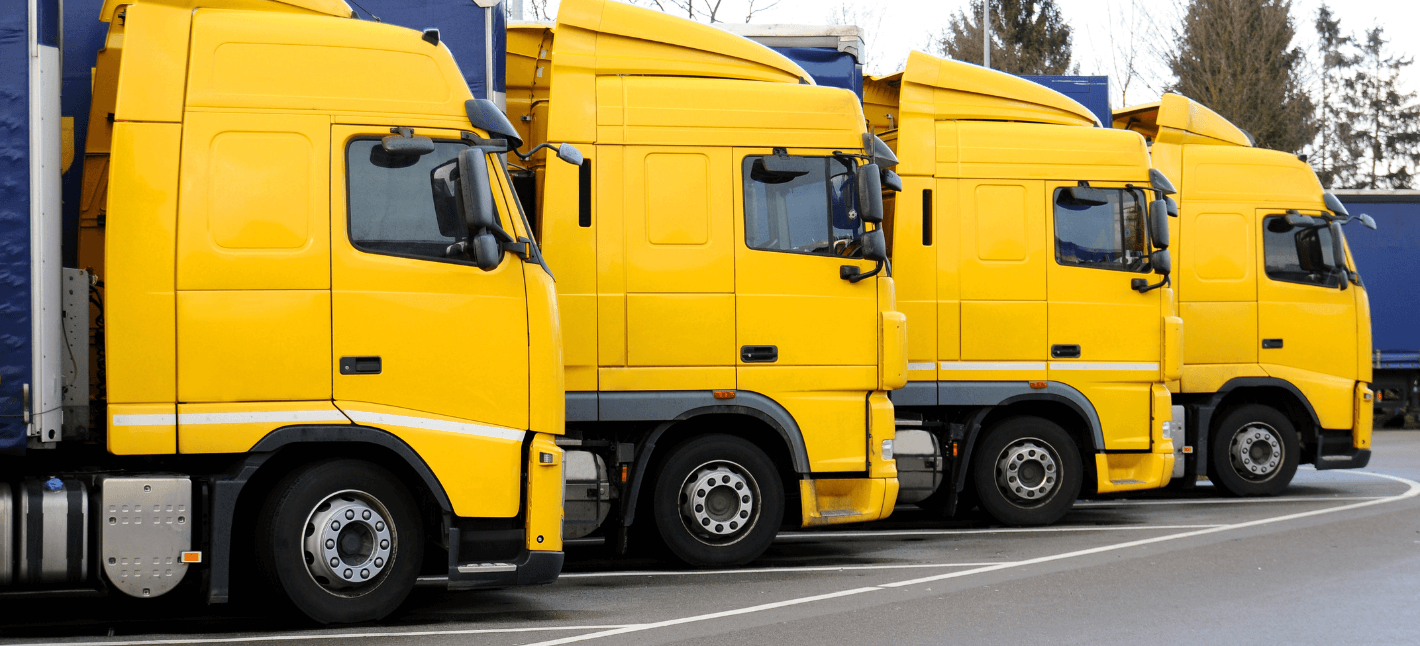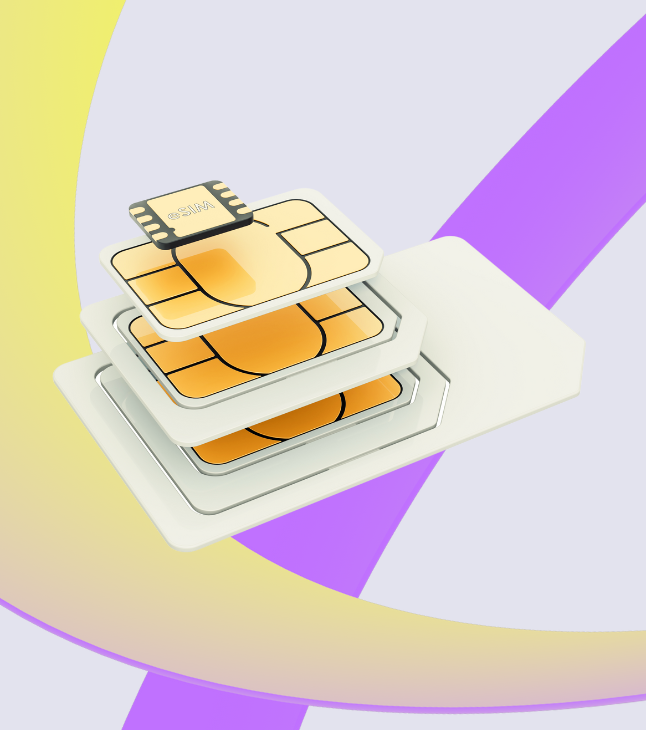Fleet management is a core component of supply chains and transportation. Among different aspects, Electronic Logging Devices (ELD) play a crucial role in managing fleet operations. Particularly, tracking Hours of Service (HOS) can increase efficiency and transparency in fleet management. ELDs also help fleets improve upon any gaps or areas for enhancement.
Definition of Electronic Logging Device (ELD)
An Electronic Logging Device, or an ELD, is a device that records the activities of a vehicle. The trucking industry can easily track and manage fleets by gaining direct insights into vehicle parameters. Access to a driver’s Hours of Service (HOS) and Record of Duty Status (RODS) enables quick on-the-go management and mitigation.
ELDs allow the trucking industry to adhere to the set of regulations and mandates. Here’s a list of items that ELD can track and log for commercial motor vehicles:
- Date & Timestamp
- Location
- Engine use hours
- Miles traveled
- Driver verification
- Hours of Service
- Current duty status
Importance of ELD in the trucking industry
ELDs not only simplify the job for truck drivers by providing precise statistics for compliance but also help ensure strict adherence to road safety instructions. For truckers, an Electronic Logging Device also saves significant time and cost on manual administration efforts while being more accurate.
These Electronic Log Devices must follow technical specifications and be certified by manufacturers. Furthermore, they also come with an Electronic Logging Device app (for truckers) that acts as an integral part of the solution, providing valuable insights to drivers. Here’s how Electronic Logging Devices are helping the trucking industry:
- Accurate truck driver activity records with time, location & details
- Transfers the data from ELDs to an administration device through IoT
- Tamper-proof operations
- Synchronization with the engine control module
- Dashboard or On-app reports for safety officials
- Detailed & easy used instructions for drivers

Background on Hours of Service (HOS) regulations
The U.S. Federal Motor Carrier Safety Administration (FMCSA) defines a set of Hours of Service (HOS) regulations, and Electronic Logging Devices (ELDs) mandate a standardized approach to fleet operations.
The HOS regulations cover regulations for both property-carrying and passenger-carrying drivers. Some of the areas HOS regulations cover are:
- A maximum number of hours to drive after consecutive hours off duty
- Maximum consecutive hours to drive after coming on duty
- Driver’s mandatory break time after a consecutive drive
- Maximum hours a driver can drive in 7-8 consecutive days
- Sleeper berth provision
- Condition for exceptions under adverse driving conditions
All of these Hours of Service regulations are applied with the help of ELDs, transforming the trucking industry.
Introduction of ELD mandate
To ensure the universal implementation of Electronic Logging Devices (ELDs), the U.S. federal government introduced the ELD Mandate in 2019. This mandate requires all commercial motor vehicles and truck drivers to incorporate an ELD. By complying with ELD regulations, fleets can improve the efficiency of their operations and ensure adherence to Hours of Service (HOS) regulations.
Potential for further developments
An Electronic Logging Device shares a common goal with a fleet management system. Consequently, they can also be customized to integrate various sensors and connectivity solutions, enabling enhanced on-demand monitoring and control for the trucking industry.
Technologies such as 5G, Artificial Intelligence (AI), and DAS (Driving Assistance Systems) enhance the capabilities of ELDs. Alongside duty status and ELD data, truck drivers can enjoy an improved driving experience when operating commercial motor carriers. These advanced technologies add significant value in complementing ELDs.
Importance of ELD in promoting safety and efficiency in the trucking industry
ELDs present a transformational opportunity for the trucking and transportation sectors to become safer, more transparent, connected, and regulated. In the coming years, Electronic Logging Devices will not only result in greater efficiency but will also reflect improved driver safety, fleet profitability, and fuel usage sustainability.
The role of IoT SIM cards in the use case and how Freeeway could help your trucking business
Electronic Logging Devices (ELDs) in the trucking industry use IoT SIM cards to establish a cellular connection for data transmission and communication. Smart SIM cards serve as unique identifiers associated with specific wireless carriers, allowing ELDs to connect to the carrier’s network and securely transmit real-time information. This includes data such as hours of service, vehicle location, and engine data. M2M SIM cards (another name for IoT SIM cards) also enable remote updates and management of ELD software, ensuring compliance with the latest features and regulatory requirements.
Additionally, SIM cards facilitate seamless communication between ELDs and regulatory authorities during roadside inspections, allowing officers to access and review electronic logs for HOS compliance. The choice of a reliable cellular carrier is essential to ensure uninterrupted communication and data transfer between ELDs and the fleet management system.
Get free test IoT SIM Cards for your use case – fill out this form
Your form entry has been saved and a unique link has been created which you can access to resume this form.
Enter your email address to receive the link via email. Alternatively, you can copy and save the link below.
Please note, this link should not be shared and will expire in 30 days, afterwards your form entry will be deleted.



